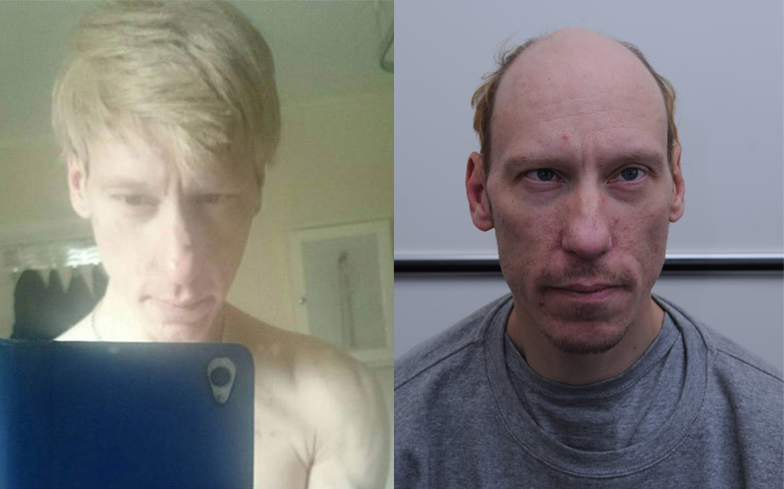
An inquest jury has found that failings by the Metropolitan Police “probably” contributed to the deaths of victims of ‘Grindr killer’ Stephen Port.
From June 2014 to September 2015, Port murdered at least four men – Anthony Walgate, 23, Gabriel Kovari, 22, Daniel Whitworth, 21, and Jack Taylor, 25 – before being arrested on 15 October 2015.
The following year, he received a life sentence with a whole life order, meaning he will die behind bars.
Port met his victims online (including gay dating app Grindr) before leading them to his home in Barking, London where they were given lethal doses of a date rape drug and raped.
Long-awaited inquests have been taking place to determine whether or not the failings of the police contributed to the deaths of Port’s victims.
An inquest jury concluded that failings by the police during the investigation of Walgate’s killing “probably” contributed to the deaths of Port’s next two victims, Kovari and Whitworth.
Police failed to link the fatalities despite the striking similarities between them, such as the bodies of three victims being discovered at the same graveyard in Barking.
The jury stated there were “fundamental failings in these investigations from the beginning” when it came to inquiries made by officers in Barking and Dagenham into Kovari and Whitworth’s deaths.
The panel also determined that errors in the investigations into the aforementioned victims “probably” contributed to the killing of Taylor, Port’s final known victim, as he continued to be free and therefore able to kill.
The “heavy workload” of officers was acknowledged in the written conclusions, though it was explained that the failures “cannot be overlooked”.
At Barking Town Hall, Coroner Sarah Munro QC said: “These inquests have, on any view, raised a number of serious concerns.”
Peter Tatchell, a human rights advocate, accused the police of “institutional homophobia” and called for the officers involved to face disciplinary action.
“Evidence given at the Stephen Port inquest revealed the police to be incompetent, negligent, unprofessional and homophobic,” he said. “Every gay person who expressed concerns about the deaths was ignored, dismissed and treated with contempt, even the partner of one of the victims. That’s institutional homophobia. The officers involved must face disciplinary action.”



